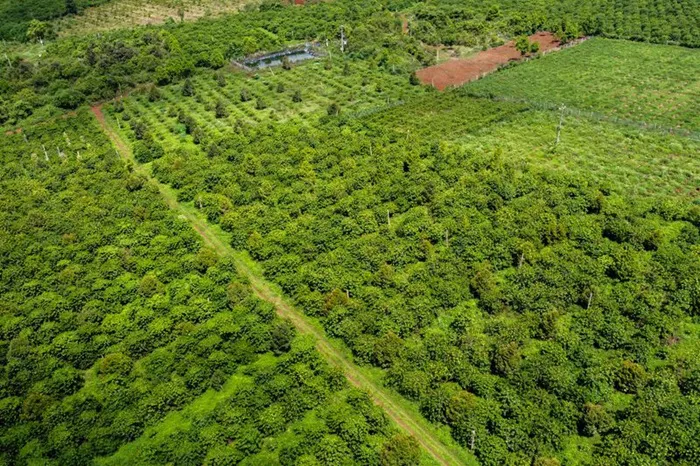The International Coffee Organization (ICO), the leading global coffee body, is requesting that the European Union (EU) postpone its upcoming rule that would require proof that imported coffee beans come from areas not linked to deforestation. The regulation, which is set to take effect by the end of the year, is aimed at banning the sale of commodities such as coffee, cocoa, soy, and palm oil from regions where deforestation has occurred in recent years.
ICO Urges for More Time
Vanusia Nogueira, the director of the ICO, expressed concerns during an interview, stating, “We can’t meet that date, it is not possible.” The ICO, which represents over 90% of global coffee production and more than 60% of coffee consumption, is advocating for the EU to reconsider the ambitious deadline, hoping to negotiate a delay.
Challenges for Coffee-Producing Nations
Top coffee-producing countries, including Brazil, Vietnam, and Colombia, are particularly affected by the new EU regulation. Nogueira highlighted that while the regulation’s intent is understood, coffee producers are facing logistical challenges in meeting the deadline. She expressed optimism that discussions with EU leaders could lead to a postponement.
Nogueira refrained from specifying how long the ICO would like the deadline extended but reassured that “the European people like coffee very much… they will not be left without coffee.” The ICO is also concerned about the potential consequences of not meeting the deadline, although Nogueira suggested the EU would find a solution.
CELAC Coffee Summit and Collective Action
Nogueira’s comments came during the Community of Latin American and Caribbean States (CELAC) coffee summit in Tegucigalpa, Honduras. The summit, which brought together nearly three-dozen member nations, is expected to conclude with a joint declaration requesting that the EU delay the deforestation rule’s implementation, according to Honduran Deputy Minister of Coffee Growing Carlos Murillo.
As coffee-producing countries push for more time, the EU regulation marks a significant shift toward more sustainable coffee production and consumption practices globally.

